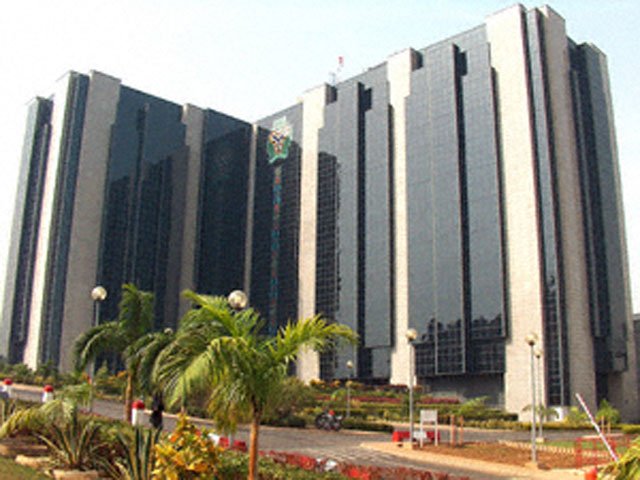
Latest data available on the website of the Central Bank of Nigeria (CBN) shows that the nation’s external reserves closed at $42.354bn on February 27, 2018, representing a $3.587bn or 9.25% growth from its $38.766bn at the end of December 2017.
Between January and February 27, according to the data, the reserves increased by $1.728bn or 4.25% from $40.625bn on January 30, 2018.
On a Year-on-Year basis, Nigeria’s reserves level has grown by $12.748bn or 43.06% from $29.605bn on February 27, 2017.
The rise is despite the weekly intervention by the CBN in the Investors & Exporters window of the inter-bank market’s foreign exchange segment which a total of $15.9bn was injected by the apex bank over a nine-month period as part of efforts to ensure stability.
Speaking at a Forum organised by the Finance Correspondents Association of Nigeria (FICAN) on the theme: ‘Nigeria’s Economy and Financial Market Outlook: 2017 Review and 2018 Outlook’ in January, Ayodeji Ebo, Managing Director, Afrinvest Securities Limited estimates that the I&E window has recorded over $27.8bn in turnover.
Meanwhile, the International Monetary Fund (IMF), in a report on Wednesday urged the CBN to stop its various interventionist projects in the economy and even the regular injections into the forex window.
The IMF said in its annual Article IV review of Nigeria’s economy noted the need for the country to pursue an urgent move towards a unified exchange rate “as soon as possible.”
It said its “staff does not support the exchange measures that have given rise to the exchange restrictions and multiple currency practices.”
It also urged the CBN to discontinue its direct interventions in the economy, the most popular of which is the frequent injection of hundreds of millions of dollars into the foreign exchange market to keep its own rates stable.
Commercial banks struggling to remain solvent were also called out, but not identified by the IMF, including one that the lender said was already insolvent: “Some of these banks are kept afloat through continuous recourse to the CBN’s lending facilities.” The IMF said it does not comment on purported leaks. A spokeswoman for the Fund said a statement would be issued after the lender’s board meets to discuss its assessment on Friday.
Speaking on the stability in the forex market, at the FICAN event, Ebo said rate convergence has already been achieved by the CBN, adding that with low exchange rate margin, speculators have virtually abandoned the market.
“Foreign investors also consider the margin between both official and parallel market level. When there is little or no volatility in the market that gives foreign investors’ confidence. The naira gained 35 per cent year-on-year against the dollar to close at N363/$ by year-end in the parallel market,” he said.












